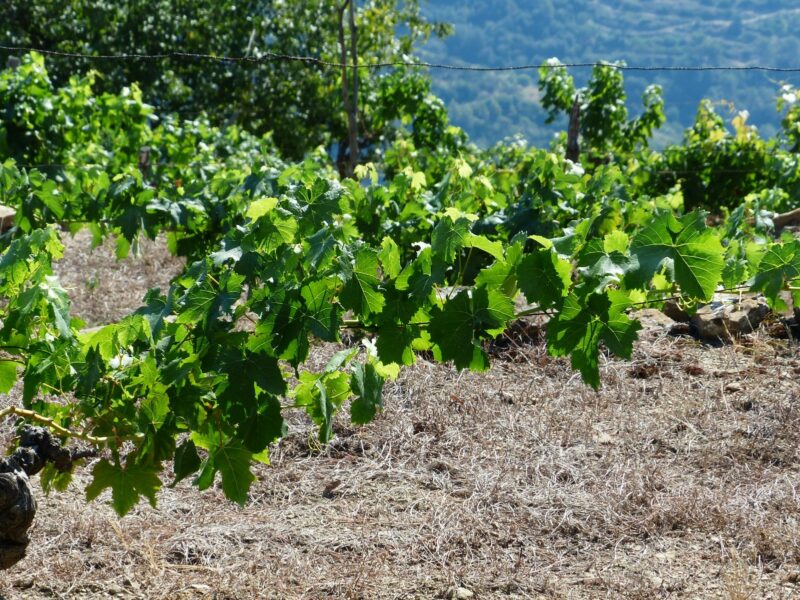
The Chimes of Freedom
Solemnity of the Annunciation of the Lord. Fr John Walsh preaches on Our Lady’s free ‘Yes’ to God’s will.
A few years ago in my university days I can remember sitting in the university dining room as the bell in the neighbouring seminary pealed out the Angelus. Shyly I raised my hand to bless myself to the strange looks of fellow students. A muffled comment was passed, ‘That bell, I wish we could stop that, stupid priests trying to control and distract people as usual.’
To these students the ringing of the call to prayer, the angelic greeting, was offensive and oppressive, yet what it symbolises is the opposite. It calls us to pause twice a day to reflect on the great mystery we celebrate today, the Annunciation of the Lord.
The fiat, or ‘Yes’, of Mary is the gate from which the Saviour enters to lift man from the depths, from the oppression of the burden of sin and allowing us to become the children of God, the adopted ones. The gate closed shut and sealed by Eve is again opened in new way through Mary’s ‘Yes’; she is the gate through which grace becomes incarnate in flesh and blood, the only Son of God becomes man, et incarnatus est.
Our greatest gift is our freedom; Adam and Eve, if they were not free, could not have turned away from God but would rather have followed God as the sunflower follows the sun. They were free even to choose whether to love each other. They were not asked to follow God, but they chose to turn away from him.
God desires that man should be happy and this happiness is only found in being united to him the source of all happiness. He desired that we would turn again and have life with him again, though always respecting our freedom. At the Annunciation God offers divine adoption, divine sonship, to the human race, but this adoption has to be freely accepted by answering in filial love and filial submission on the part of humanity.
Mary, then, representing humanity consented in its name to be called and to be again a child of God. At her consent the Word is made flesh of a woman, that he might redeem us and adopt us as sons of light. Mary therefore is not just the physical mother of the man Jesus. She is not just the means whereby Jesus receives human flesh and enters the human race. She is the conscious consenting Mother of the New Adam, the Redeemer.
The Redeemer through his angel seeks acceptance of his love from humanity, and in Mary he finds the acceptance, a freely open ‘Yes’. When we think back to the creation story we hear the words, ‘let there be light,’ and in Mary we hear ‘let it be it done.’ A new creation has happened, a new beginning, light has entered the world to save us from the darkness through the simple ‘Yes’ of the Virgin.
Mary freely surrenders her will to the Godhead. It was not a matter of Mary’s will doing the will of her Son so much as Mary’s will being lost in that of her Son. Later on in the life of that babe conceived in the womb of the Virgin, he will say, ‘If the Son makes you free, you will be free indeed’ (Jn 8:36). If this is true then no one has ever been more free than this woman of liberty, the fair lady who sang the Magnificat.
The Annunciation is the beginning of a new earth, a new creation and Mary becomes the new garden which will be tilled by the new Adam. As in the garden Adam and Eve brought destruction and sorrow on humanity, so in the garden of the Virgin’s womb, Mary through her free ‘Yes’ would now bring redemption, adoption and true freedom into the world.
Like Mary’s life, our whole Christian life consists in, as St Paul puts it, ‘bringing Christ to birth’. So on this day when the angelic salutation chimes from our churches let us stop and let us ask the Virgin to obtain for us that faith which brings Christ into being within us, that ‘Christ may dwell in our hearts through faith’ (Eph 3:17), and to obtain for us that love which makes us truly free and allows us to live freely as the children of God.


